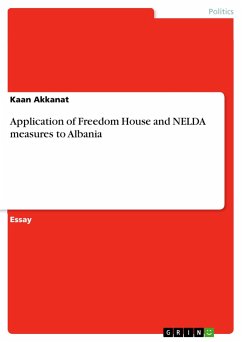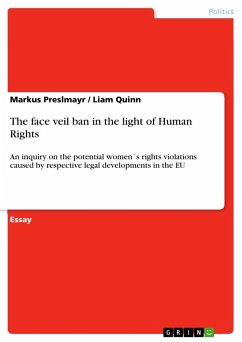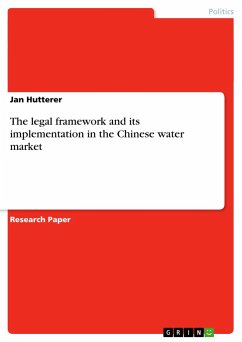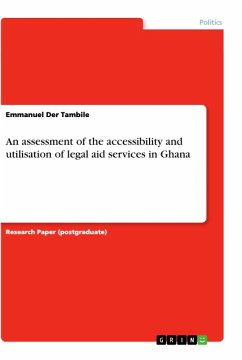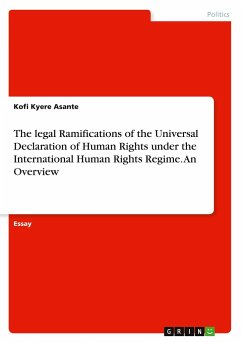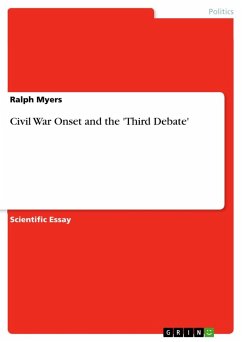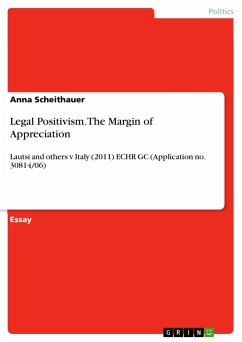
Legal Positivism. The Margin of Appreciation
Lautsi and others v Italy (2011) ECHR GC (Application no. 30814/06)

PAYBACK Punkte
0 °P sammeln!
Essay from the year 2014 in the subject Politics - International Politics - Topic: Public International Law and Human Rights, grade: 67 (Merit) - UK System, University College London (School of Public Policy), language: English, abstract: In this essay, I have discussed the cogency of using legal positivism as a method applied in judicial human rights cases. Doing so, I have concentrated on H.L.A Hart's version of "soft" positivism, which puts emphasis on law as a coercive order based on the observation of social facts, and which stresses the separability of law and morality. The soft element ...
Essay from the year 2014 in the subject Politics - International Politics - Topic: Public International Law and Human Rights, grade: 67 (Merit) - UK System, University College London (School of Public Policy), language: English, abstract: In this essay, I have discussed the cogency of using legal positivism as a method applied in judicial human rights cases. Doing so, I have concentrated on H.L.A Hart's version of "soft" positivism, which puts emphasis on law as a coercive order based on the observation of social facts, and which stresses the separability of law and morality. The soft element of his approach shows with the former by going beyond lege lata taking into account also rules created by mere convention, and by the latter granting morality indirectly a place in law by vesting it in previously legally validated Rules of Recognition, the ultimate rules in a legal system specifying what the law is and indicating which obligations arise from it. (Hart, 1961) I have critiquedthe positivist method from the interpretivist perspective focusing on Dworkin's account thereof, which accentuates law as integrity. His approach defines law by principles rather than rules, and as an attempt by society to generate public moral standards. Thereby, weighty considerations are at the heart of legal reasoning in order to fulfill requirements of justice and fairness. (Dworkin, 1986)





